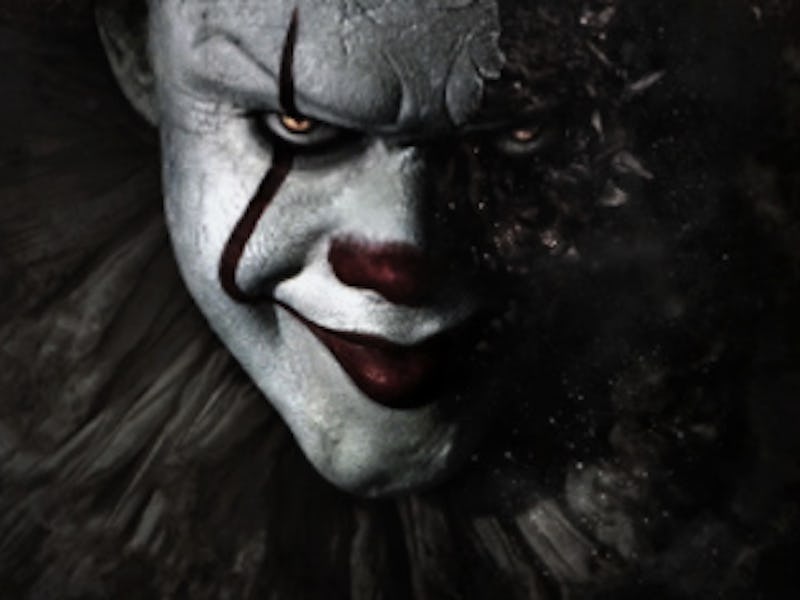When Pennywise the clown petrifies movie audiences this fall, he’ll be scarier than Stephen King, his creator, ever imagined him to be. In a recent interview, director Andrés Muschietti announced that his film’s interpretation of the classic clown will be especially unpredictable, which science suggests makes him the worst kind of villain. Studies have found that behavior that is slippery or amorphous is everything our safe, predictability-craving brains fears the most.
“It’s established that Pennywise takes the shape of your worst fear,” Muschietti told USA Today. “He doesn’t have a steady behavior, he doesn’t expose how he thinks, and that’s what makes him really unpredictable.”
The It poster (see below) was released Tuesday and the horrifying new trailer for the hyped reboot of the 1990 mini-series was released Wednesday.
Clowns already scare people because of their ambiguous nature. Psychological research demonstrates that when someone sees a face that looks not quite human, like a clown’s, the brain experiences a hiccup in the pattern recognition techniques it uses to make cognitive sense of the world. When the brain is confused, it’s an easy next step for it to become scared.
Muschietti’s rendition of It not only takes advantage of the psychological reason clowns are scary in the first place — it drops on top of that another terrifying layer of behavioral unpredictability. The fact that brains like repetition has been made clear from numerous neuroscience studies demonstrating that the brain’s reward regions become active when they experience a pattern. For example, a 2001 study published in the Journal of Neuroscience showed that the reward systems in the midbrain of people intermittently offered a reward of juice or water lit up in response to a predictable pattern of receiving a reward — not to the reward itself.
Damn, didn't know Penny was going to pop out of there.
Subsequent studies have shown that it takes less effort for the brain to process predictable outcomes, which might explain why the brain responds to an unpredictable stimulus with feelings of panic. In 2010, researchers at the Max Planck Institute for Brain Research and the University of Glasgow found that the brain doesn’t wait to receive signals but rather tries to predict what will happen. If the brain finds its interpretation was wrong, it will do whatever it can to make sense of the new information — which goes back to the idea that the brain really, really hates cognitive dissonance. Humans will go to great lengths to resolve this dissonance, including building working theories to why a murderous clown acts the way it does during a scary movie.
In addition, researchers consistently find that unpredictability is fear: In the journal Neuroimage in 2011, scientists reported that threats that are unannounced induce more fright than predictable ones. Meanwhile, when 1,341 people were surveyed about what behaviors creeped them out, it was those that added up to a general sense of ambiguity that caused the most spine chills.
The 'It' poster was released Tuesday with the trailer expected Wednesday.
Research is on the side of Pennywise: You’re going to be scared of him, whether you like it or not.
